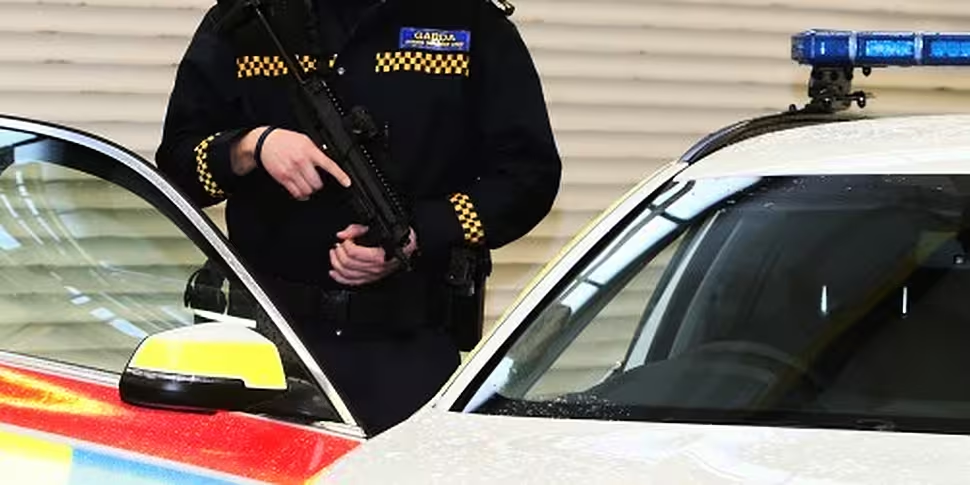A security analyst says Ireland would struggle to cope in any Manchester-style terrorist attack.
But Declan Power says any such approach needs to be centralised in a new Government body.
"In the event of such an attack happening - which is a real possibility - we have a few distinct, natural elements in our favour being an island (and) having a small population.
"But if there was a mass casualty event we would struggle because of the number of first responders we would need, getting them into a location if it was in a city centre, like Dublin.
"We don't have any dedicated air frames for Air Ambulance; we do have Air Corps services (which) can provide that.
"They may have war games for this on paper or table-top exercises, but we've never seen a mass casualty exercise scenario in the city centre of Dublin or Cork like they have done in the UK."
'Tighter engagement'
He says: "We can only conclude that that would be a more difficult experience than some of our European neighbours - but I don't think there's any country in Europe that would be 100% well equipped to deal with a mass casualty scenario".
"The bottom line is we do have a lot of individual high quality expertise, operationally speaking, within the emergency services - within An Garda Síochána, the Defence Forces - but it's knitting that together, and that's where we don't see the efforts being put it".
Members of Garda Siochana Armed Support Unit (ASU) at Garda Headquarters in the Phoenix Park | Image: RollingNews.ie
He says the costs of organising any such terrorism drills - which could see a city centre shut down for an afternoon - have meant they have not taken place.
"But you also have problem in this country too, where too many things are stove-piped - the garda and Defence Forces do work closely on a lot of issues - but at the upper echelon in terms of planning... there should be much tighter levels of engagement.
"There should be a joint planning cell for something like that, and one agency should have the lead on it."
'No Irish FBI'
But Power says we cannot just cookie-cut an agency from another country.
"We need to do something like this, but we need to be prudent and sensible about it and not have unreal expectations.
"We need a coordinating and analytical function that would be independent of the garda, the Defence Forces and the Departments of Defence and Justice so it wouldn't have institutional influence to sway it.
"It would have people in it obviously that would come from those backgrounds, and other people that may be independent.
"We don't need to duplicate the work that's being done on the ground, that's not where the problem is - the problem is at the upper echelons: the making of policy, the coordination and the ongoing doing of that."
"What we don't need is guff about the creation of an Irish FBI or an Irish MI5 - it should be an Irish entity that is shaped for our needs, not a pure copy of some other jurisdiction".
Members of the Emergency Response Unit (ERU) and the Armed Support Unit (ASU) at a garda exercise at Drogheda Port in 2016 | Image: RollingNews.ie
However Power says if we look further afield, we could find a model that suits us.
"New Zealand or Australia - smaller countries, similar footprint to ourselves. They have the Office of National Assessments - it has an analytical and coordinating function, it has oversight over the intelligence agencies...and it comes directly under the office of the Prime Minister."
"With regards to coordinating emergency response in the aftermath of the mass casualty event, that should be another organ... a purely emergency response cell and that should have the relevant military, police and emergency service inputs".
The Government says detailed preparations have been made for any such event.
But it says much of this cannot be disclosed publicly due to its nature.
Power agrees: "If you make public how you're going to respond, then you're giving a blueprint to somebody who's planning an event."
"But I do think that they should be able to publicise something of a general nature."











